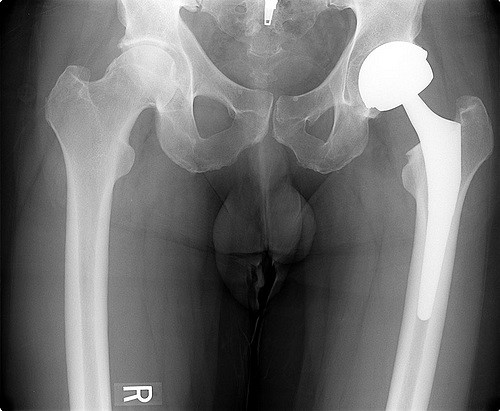Kim Beazley, in his criticism of the Howard government’s proposed tax cuts, argued that the money would be better spent paying the private health insurance premium for a member of the family. It seems that Mr Beazley was serious: ironical humour is an art not much practised in Australia.
Labor enacted the original Medicare legislation in 1984. Yet when the Howard government introduced subsidies for private health insurance as an alternative to Medicare, Labor was quiet. I participated in an ABC TV discussion on health with Dr. Michael Wooldridge, then federal health minister, and Ms Jenny Macklin, Labor’s shadow health minister, before the 2001 federal election – both politicians supported the private health insurance subsidy.
Countries worldwide exhibit varying degrees of the capacity to control health care costs and provide health services that attend to the needs of all their citizens. William Hsiao, from Harvard, has studied health systems worldwide. He has determined that an ideal and workable health system consists of a mandatory universal insurance scheme and a global budget with one payment system. Powerful organised agents must act on behalf of patients to contract effective health services. Of three options for organised agents – managed care, area health services and GP fundholder groups, Hsiao concludes that the GP fundholder model is ‘the most efficient with least transactional costs’ . These features enable a fair measure of supply-side control over health costs.
Once we sacrifice the single-payer arrangement, and concurrently allow general practice to fall to pieces, things start to unravel. Costs escalate because private health care is a malignant market. Those with the cash to pay get excellent service, and those without, do not. The American health system- with 50 million people uninsured and widespread terror of the bankrupting force of major illness and brilliant health care for the rich- results. The health consequences for the less affluent are measurable and nasty.
The Howard government has chosen to move the Australian health service away from Medicare as its centrepiece. Safety nets and gap-fillers are like private insurance subsidies. As services previously paid for through Medicare move into the private domain, health care costs go up. Equity of access goes down. It is surprising that the departments of Treasury and Finance appear to have been unconcerned about the economic impacts of this cost-shifting. As an alternative to subsidies and nets, Labor and the Coalition could have explored how to recruit the private health sector and enable it to flourish in an environment where payment for health care remained centrally-controlled. There are good examples to explore in the UK and other countries that make good use of private facilities and services while maintaining efficiency and equity.
Two threats emerge. The first is economic – less control over rising health care costs. The second is social – less comparability in the quality and availability of care for the poor as for the rich.
Because the Howard government is committed to simple forms of privatisation, no matter what their economic or social cost, it is probably beyond the reach of rational conversation on this matter. Its prophetic musings about the cost of an ageing society in the future suggest that it does perceive that rising health care costs might become a problem, but the causes of rises of greater magnitude, occurring now, escape in its blind spot. The Labor Party, in pursuit of something they can sell like lamingtons- without intellectual engagement- to shoppers in a mall, has lost its capacity for rational criticism and planning. Labor Party it may be; effective opposition, at least intellectually, it is not.
So, what of the future? There is no true political leadership at present concerning health care in Australia: it is a debilitated field where a little tweaking causes most politicians to take to their beds exhausted, as though they had done a hard day’s work. It would cost the Labor Party little to change its mind over health care, actually effect the values it claims to espouse, and start thinking and talking about a way to retrieve Australian health care from its currently perilous path. That could be a task of leadership: in fact, in choosing future leaders, the ability to conceptualize, propose and market a coherent policy as an alternative to the current tangle should be a critical selection criterion.



